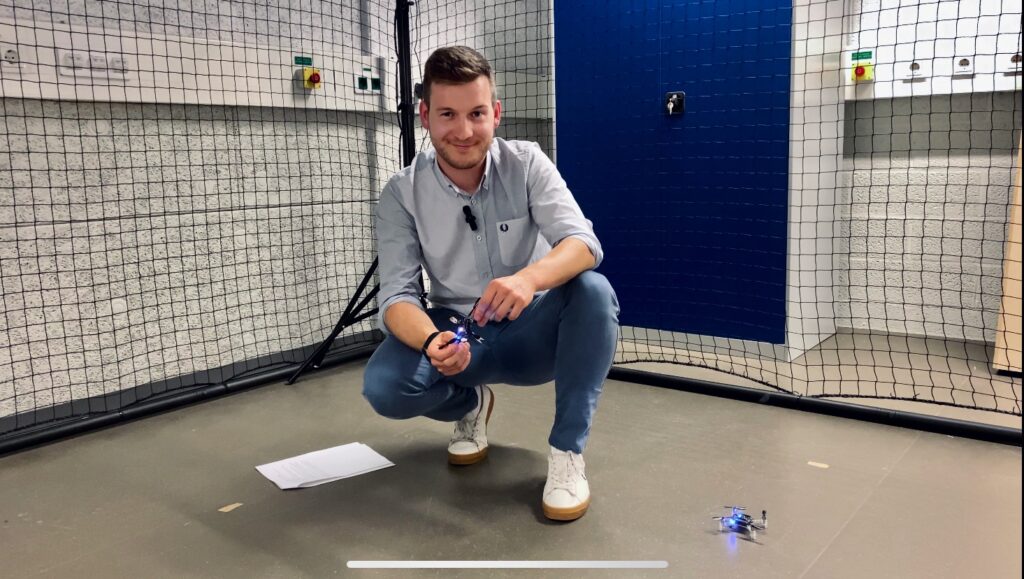Science has no gender, but it is an undeniable issue that the gender of scientists can have an impact on the development of their scientific career. We find ourselves making assumptions about gender, based on the scientific domain, or the level of seniority. Can you tell the gender of this scientist based on their profession, or maybe based on their experiences? We present: A scientist in the field of psychology.

Age: 46
Seniority: Senior lecturer
What do you investigate?
“I study the uses of digital media and technologies in educational settings. I’m interested in how and why teachers and students use these tools to support, enhance or transform learning & teaching processes. More generally, I want to understand how digital media and technologies have changed our relationships to knowledge, power, others and ourselves; and how schools have or have not adapted to these changes.”
Ultimate goal of your science?
“I want to understand what functions digital media and technologies play in the educational ecosystem, but also help to design effective learning & teaching practices.”
Highlighted scientific discoveries
“Over the last decades, we have seen that digital media and technologies have profoundly changed how people access information, how they communicate with each other, how they collaborate, how they produce knowledge and art and how they publish their works. Schools, as privileged places of learning, have largely not adapted their everyday functioning to these ambient changes. We are still trying to find out why this is the case.”
If you have children, have you ever been in a situation where certain expectations from your peers changed after/because you have children, or felt excluded in any way?
“I have two children and never felt that expectations from my peers changed or felt excluded by them. I just realised that while I was on half-time parental leave for a year for my first born child I was de facto less part of the team and its daily life.”
Have you ever have you ever been treated differently because of your gender? or maybe found yourself being the only person of your gender in the room? if yes, how did you deal with this situation, or what did you think? did it discourage you or make you feel even more motivated to continue?
“While studying psychology I got used to being one of the few people of my gender in the room, but I never felt unwelcome or not in-my-place; and the older I became the more balanced my work environment became in terms of genders. Working in a field that does attract more women than men (for whatever reasons), but nevertheless has a lot of prominent male and female figures, did never make me feel “in a wrong place” and helped me have people to look up to from all genders.”
REVEAL THIS SCIENTIST











